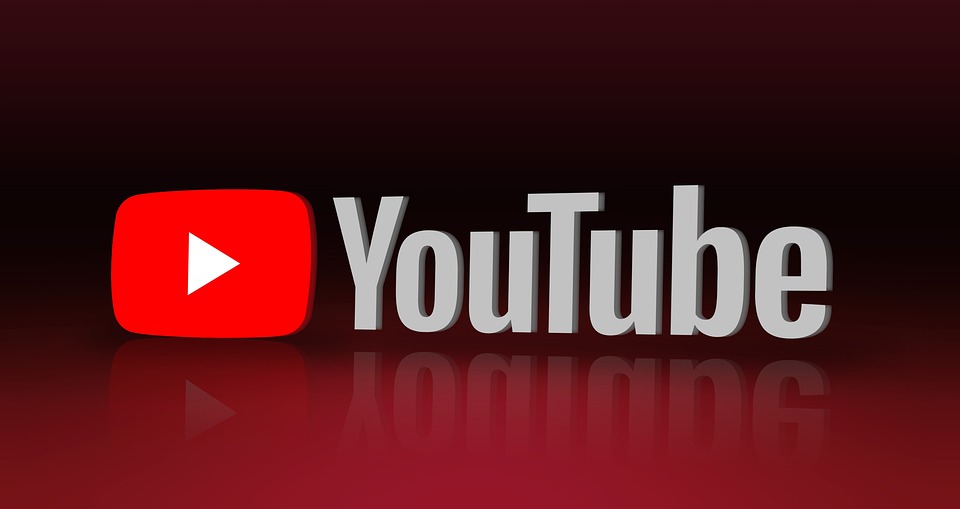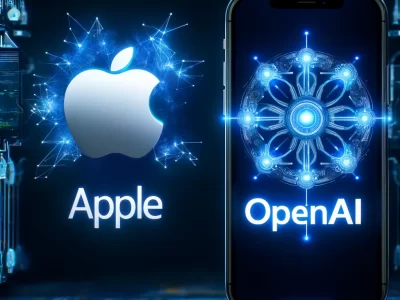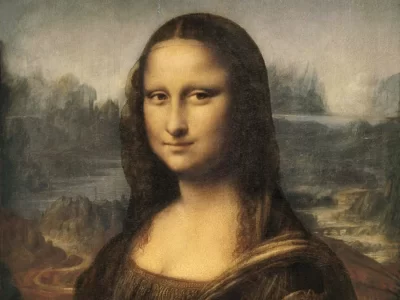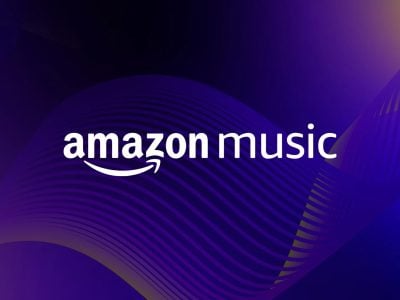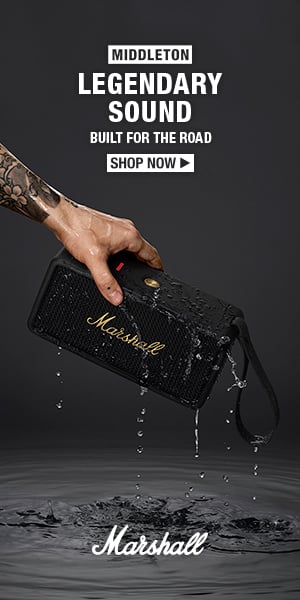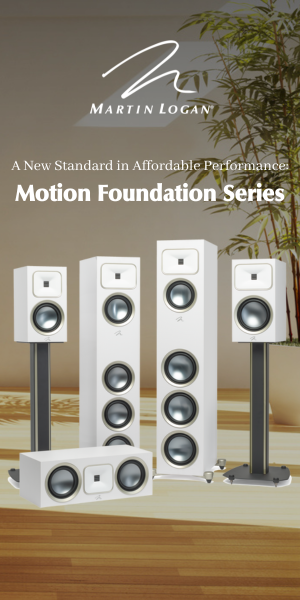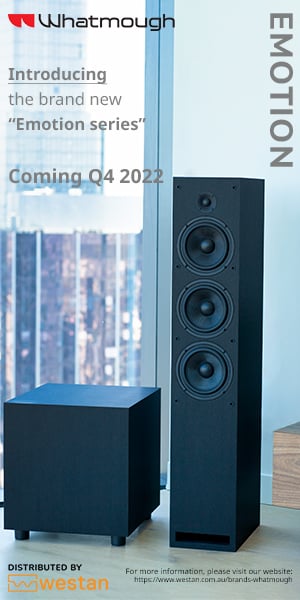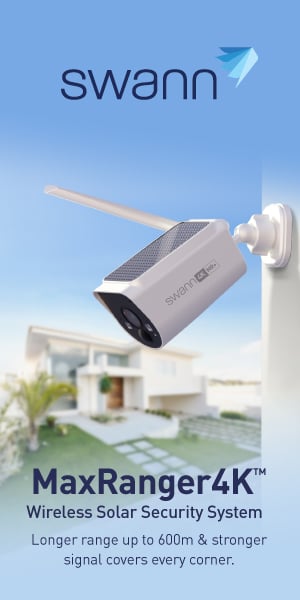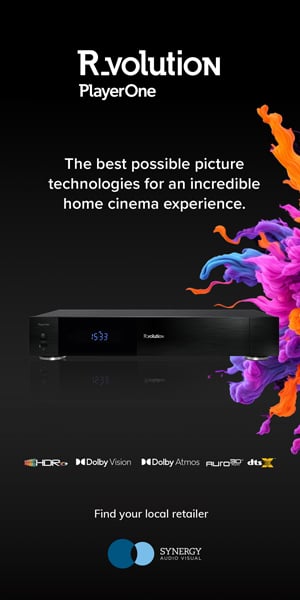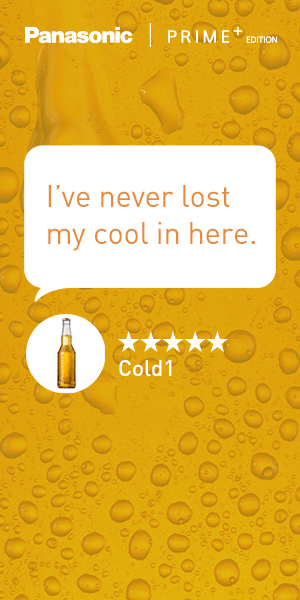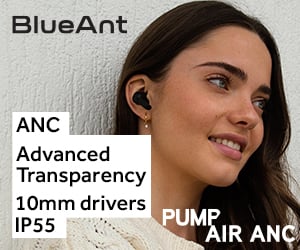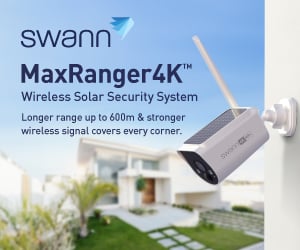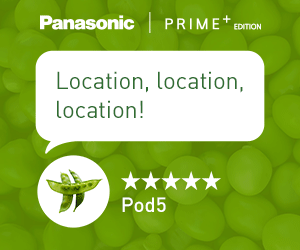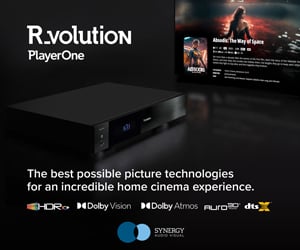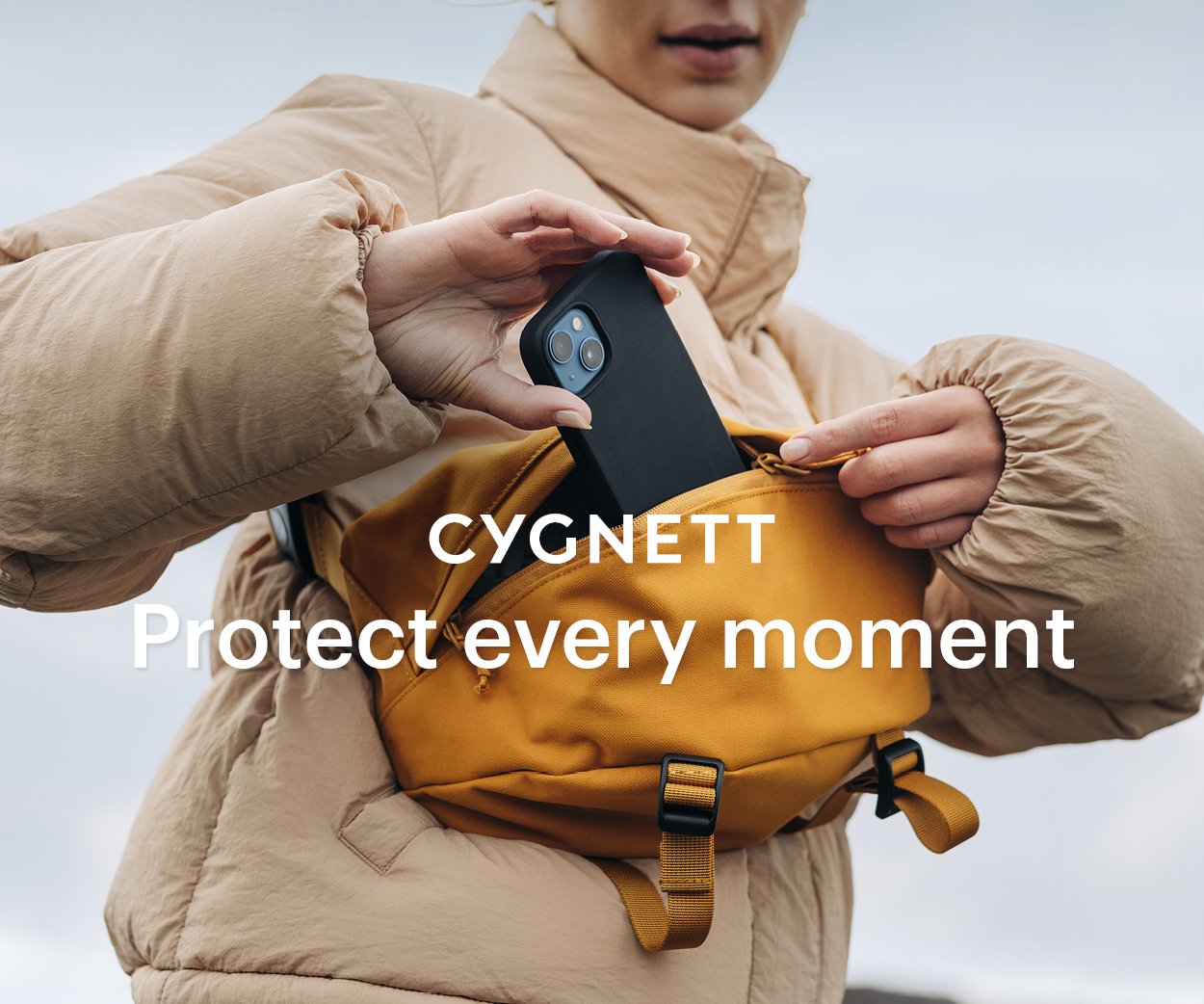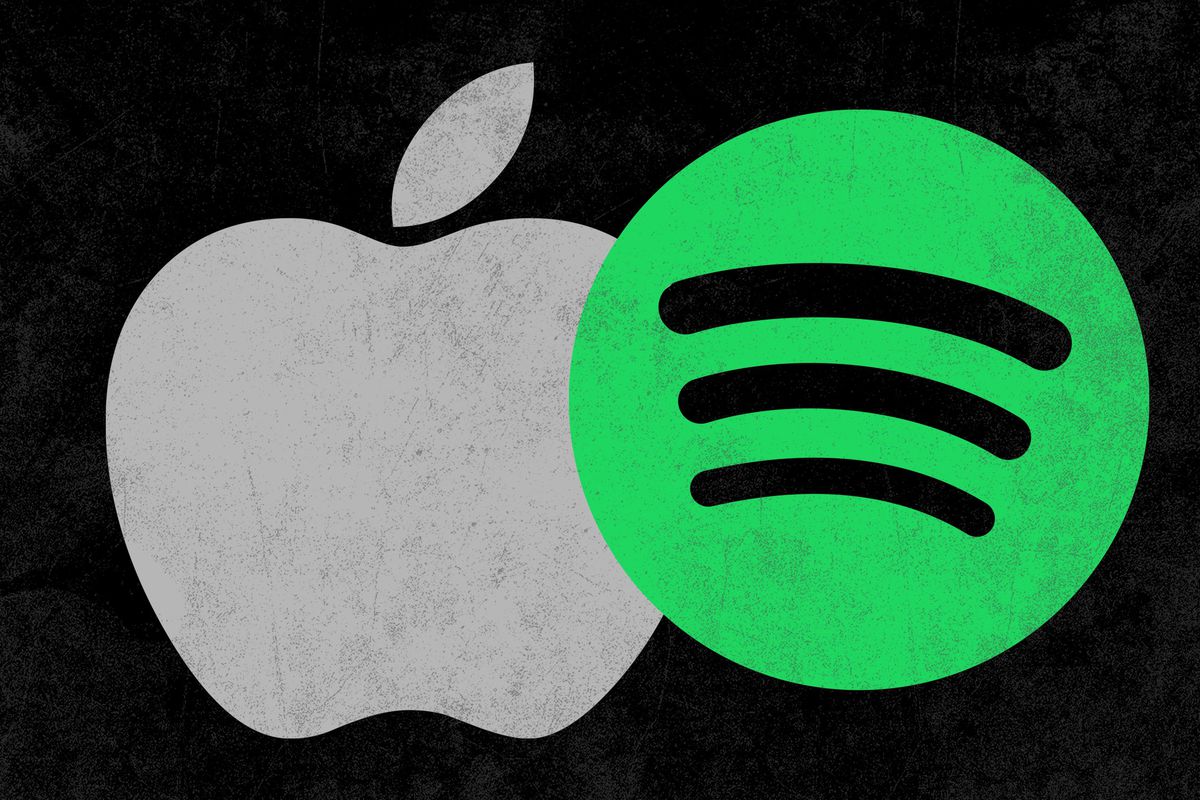YouTube has announced a new AI tool, which is able to generate music tracks sung by popular music artists, including Demi Lovato and John Legend. Critics are now bashing it, claiming it’s robbed music of its “human spark.”
Beginning Thursday, US creators were able to access ‘Dream Track’ in the short-form section of the site, YouTube Shorts.
They were encouraged to type a prompt which would produce an original, 30-second audio clip that features the AI generated voice of any selected artist.
Nine artists have so far lent their voices to Dream Tracks, Demi Lovato, John Legend, Charlie Puth, Alec Benjamin, Sia, Papoose, Charli XCX, Troye Sivan, and T-Pain.

In a demo video that features Charlie Puth’s voice, the user types the prompt “A ballad about how opposites attract, upbeat acoustic.”
Charlie’s voice then sings, “Baby, we’ve got nothing in common, but I know that I’m what you’ve been wanting for so long now.”
Commenters on the video weren’t impressed at the development of the tool.
“Youtube replacing creators now.. lovely. Sickening stuff,” one wrote.
Another said, “Soon most of that human spark disappears completely and all you have is noise.”
“There is so much beautiful music out there if you look for it. The problem is that it’s being completely devalued by tech. Creative people make art because they have to. It’s who they are. The world we’re building here is making it harder and harder for those people to survive,” another commented.
On other demo videos posted to the YouTube’s account, there were similar comments garnered.
One user sarcastically wrote, “Wooo lets put musicians out of business.”

“Washouts rejoice!” another said.
A third commenter noted YouTube disabled viewers from seeing the number of “dislikes” on the video, and only showed the number of “likes.”
Dream Track was created alongside Google’s DeepMind, which debuted Lyria “our most advanced AI music generation model to date.”
While some artists are contributing their voices to AI tech, others have been filing lawsuits, in hopes to ensure their work isn’t stolen by a bot.
YouTube addressed potential concerns in its announcement. “As a myriad of companies map out their AI approach, we want ours to be defined by partnership and responsibility.”
Guidelines noted YouTube uses Content ID, which is a rights management technology ensuring copyright owners get paid for content use, as well as tapped talent from Universal Music Group’s roster to “gather insights on generative AI experiments and research that are being developed at YouTube.”

